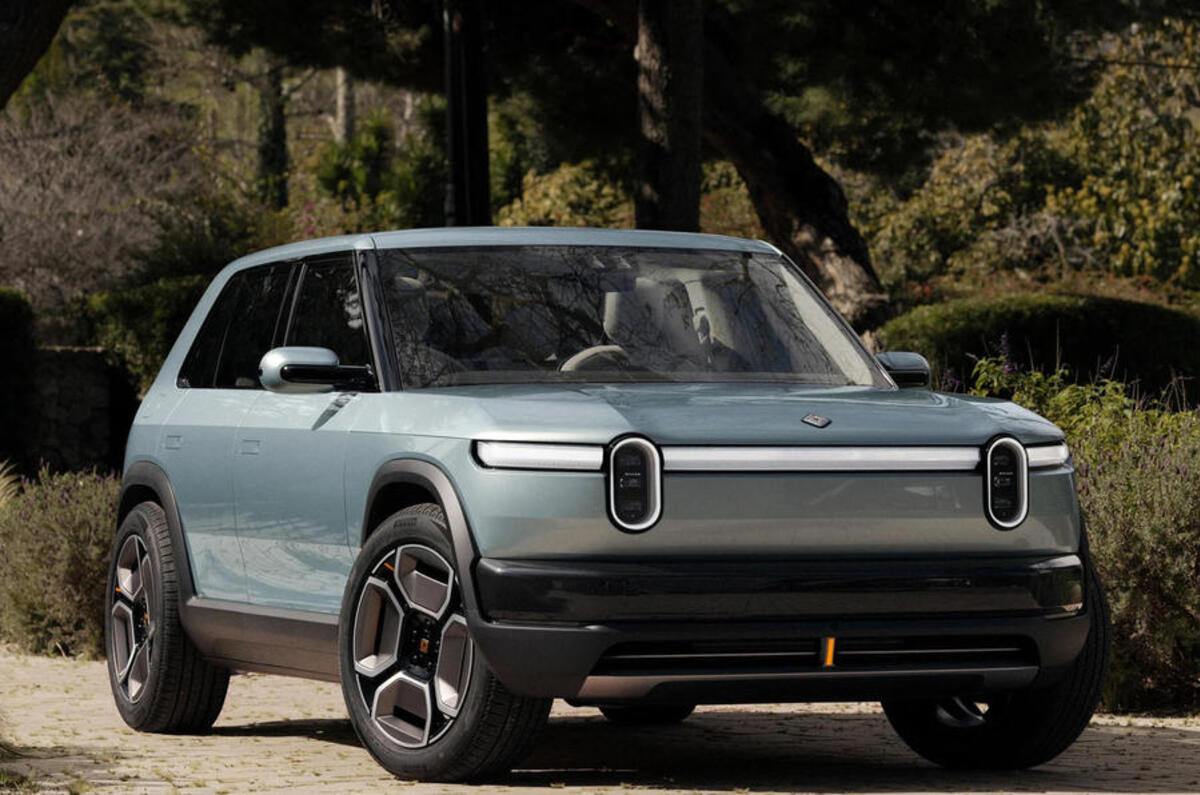The Volkswagen Group will invest up $5 billion into US electric start-up Rivian amid the creation of a joint venture between the two companies, which is intended to design the next generation of software-defined vehicles.
The investment hands Rivian a financial lifeline to secure its mid-term future amid persistent losses, while Volkswagen gets access to Rivian’s future-positioned electrical architecture to accelerate its often cumbersome software development programme.




Add your comment